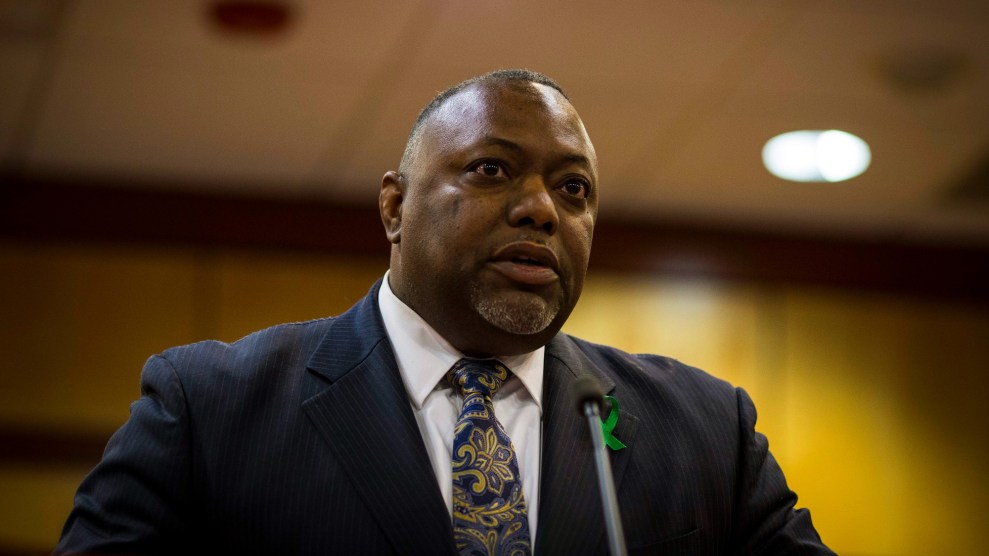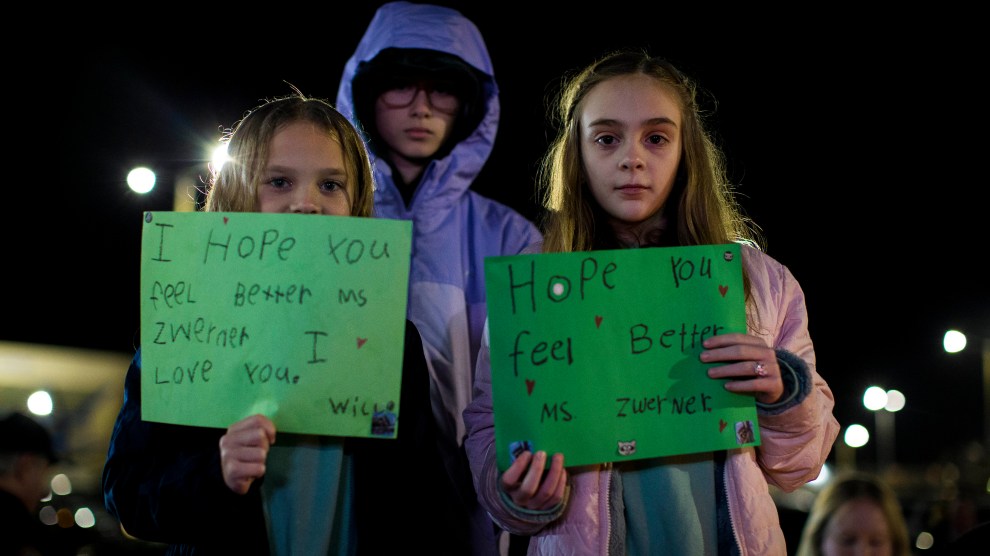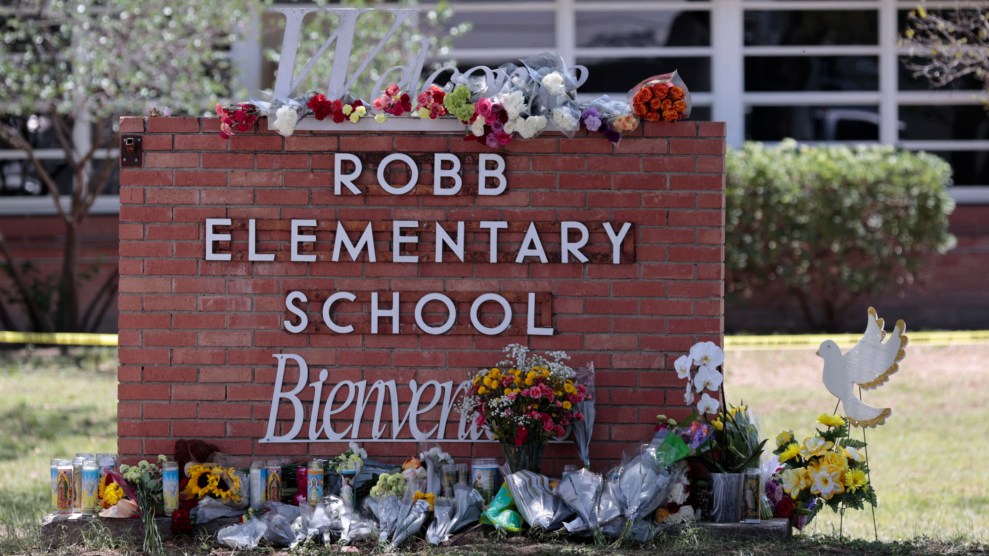
AP Photo/John C. Clark, File
In the wake of three school shootings in less than two years, the latest involving a 6-year-old boy, the Newport News School Board on Wednesday voted to fire superintendent George Parker III, citing a loss of trust among the city’s staff and parents.
Effective February 1, Parker will no longer lead the district’s public school system, which has been reeling after a 6-year-old boy shot his first-grade teacher at Richneck Elementary School earlier this month.
“This decision is based on the future trajectory and needs of our school division,” said School Board Chairwoman Lisa Surles-Law said after the 5-1 vote. “In addition, I must relate, we do appreciate the progress of the division under Dr. Parker’s leadership in developing a long-range facility improvement plan and expanded student programs through a focus on mentorship and student leadership. The Newport News School Board thanks him for his service and wishes him nothing but the best moving forward.”
Only one board member, Hampton University professor Gary Hunter, supported Parker against calls for his ouster. In a separate 5-1 vote, the school board elected Michele Mitchell, the current executive director of special education for the district, to replace Parker as Newport’s interim superintendent.
“For me, it wasn’t about Dr. Parker’s leadership,” Douglas C. Brown, a board member who voted to replace Parker, said at the meeting. “It was a question about whether or not the staff would support his leadership in carrying us through the new challenges we face.”
The remarks on Wednesday echoed concerns following two other school shootings in the district, the first at Heritage High School in September 2021, and another that took place two months after at Menchville High School. But scrutiny of Parker’s leadership came into sharp focus following this month’s shocking school shooting at Richneck Elementary School and mounting allegations that school officials had received multiple warnings that a 6-year-old had been in possession of a gun on the day of the shooting. As my colleague Mark Follman wrote:
The tragedy at Richneck Elementary remains fraught with questions of systemic failure regarding both the family and the school. How did the boy actually get his hands on the gun and know how to use it? Who indicated to school officials in advance that he might have a weapon? What safety protocols did the school system have in place, and why didn’t school officials find the gun with their search? What if any action did they take after that result?
An attorney for Abby Zwerner, the first-grade teacher who was shot at Richneck Elementary School, said she plans to file a lawsuit against the school board.

















